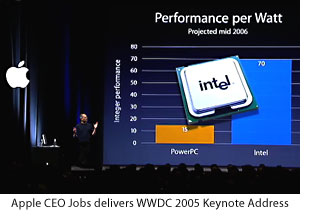| Conina said: Whatever let's you sleep at night. But without x86-compatibility the WiiU successor will not gain back third-party-support. |
Vena is correct. While x86 chips would make porting easier from PC or other x86 consoles, it has little to do with how much support they'll give.
Nintendo being far more games focused than either Sony or MS means their CPU's don't need to be so general purpose. PPC CPU's can be customized for game logic, among many other factors, making them far more efficicent for gaming.
The rEVOLution is not being televised








































